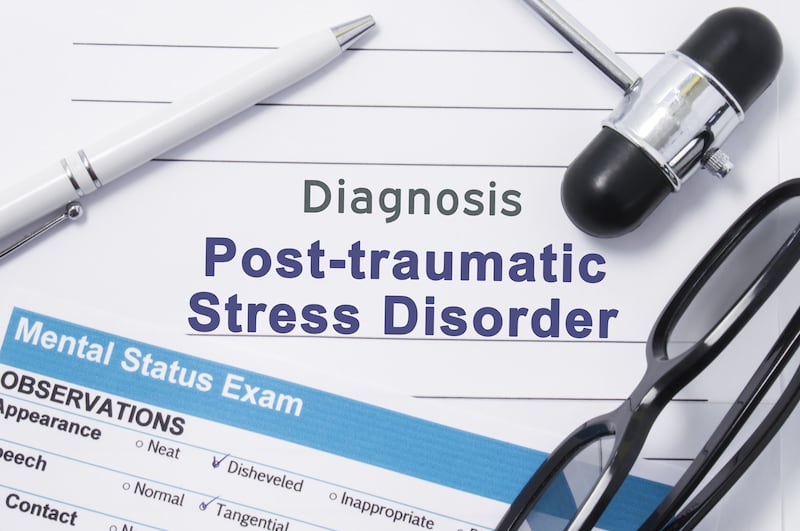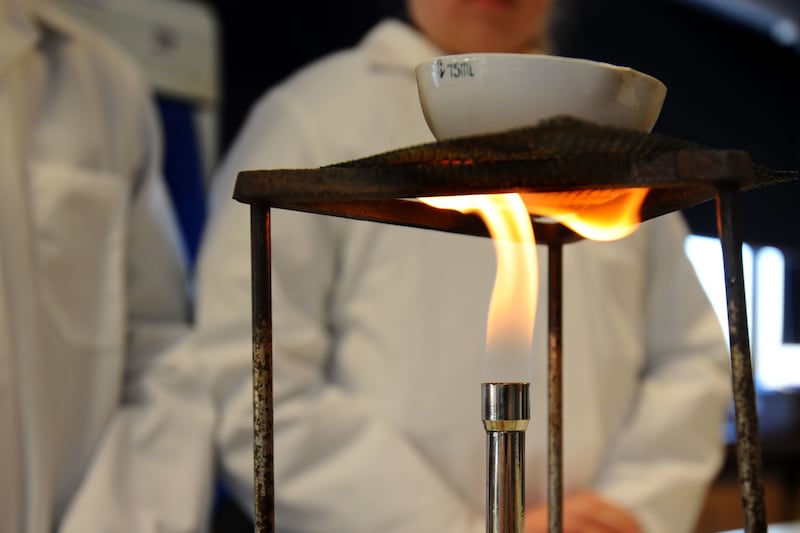Today is Thanksgiving Day and many, especially those living on the other side of the Atlantic, will take a moment to think about everything they are thankful for.
It’s always nice to show gratitude, but scientific studies show that counting your blessings throughout the year comes with health benefits and improves a person’s quality of life.
And here are a few reasons to be grateful:
1. It helps you make more friends
Saying “thank you” not only makes you well-mannered, it also makes people like you more.
A 2104 study published in Emotion found thanking someone makes them more likely to seek a long-lasting relationship.
Dr Lisa Williams, of University of New South Wales, Sydney, who conducted the research, said: “Saying thank you provides a valuable signal that you are someone with whom a high quality relationship could be formed.”
2. And helps strengthen the relationship between couples

A 2010 research revealed gratitude for the “little things” in relationships boosts feelings of happiness and romance.
After studying how couples behave with each other, experts from the University of North Carolina in the US found the emotion of gratitude ultimately helps people find, remind, and bind themselves to others who seem to care about their welfare.
Writing in the journal Personal Relationships, the authors said: “Men and women with grateful partners felt more connected to the partner and more satisfied with the romantic relationship.
“An emotional response of gratitude for ‘everyday’ interpersonal gestures can be a powerful mechanism for relationship growth.”
3. It improves physical health
It’s easy to take things for granted but an analysis published in 2013 in Personality and Individual Differences found physical health to be strongly linked with gratitude.
Around 1,000 Swiss adults, ranging from teenagers to people in their 80s, took part in the research. It showed those who are generally grateful reported feeling healthier and had less aches and pains than others.
Another study, published in the American Psychological Association in 2015, found patients who kept gratitude journals showed an improved heart rate variability – which is considered a measure of reduced cardiac risk.
4. And psychological health
By being appreciative of others, thankfulness also helps people appreciate themselves.
As Dr Robert A Emmons, of University of California, explains: “Gratitude blocks toxic emotions, such as envy, resentment, regret and depression, which can destroy our happiness”.
His research, published in the Journal of Personality and Social Psychology in 2015, found gratitude to be related to 23% lower levels of stress hormones
Dr Emmons added: “The practice of gratitude can have dramatic and lasting effects in a person’s life. Gratitude reduces lifetime risk for depression, anxiety and substance abuse disorders, and is a key resiliency factor in the prevention of suicide.”
5. It helps people sleep better
Thankful thoughts can help you get a good night’s sleep, according to a 2011 study published in Applied Psychology: Health and Well-Being.
The research, which involved over 400 study participants of all ages – 40% of whom had sleep disorders – showed gratitude being related to more positive thoughts.
A positive state of mind, in turn, was associated with dozing off faster and sleeping longer.
6. It reduces aggression
Not only are grateful people kinder, they are also less aggressive.
A 2012 study, presented in the journal Social Psychological and Personality Science, found participants who ranked higher on gratitude scales were less likely to retaliate against others, even when given negative feedback.
Professor Nathan DeWall, of the University of Kentucky, said: “If you count your blessings, you’re more likely to empathise with other people. More empathic people are less aggressive.”
7. It helps cope with trauma

It appears gratitude can also help overcome a trauma and foster resilience.
A study published in the Journal of Personality and Social Psychology in 2003, found that gratitude was a major contributor to resilience following the terrorist attacks on September 11.
Another study, published in 2006 in the Behaviour Research and Therapy, found that among war veterans who fought in Vietman, those who showed higher levels of gratitude experienced lower rates of Post Traumatic Stress Disorder (PTSD).
The researchers wrote: “Veterans with PTSD, compared to those without PTSD, exhibited significantly lower dispositional gratitude; no differences were found on daily gratitude.”













